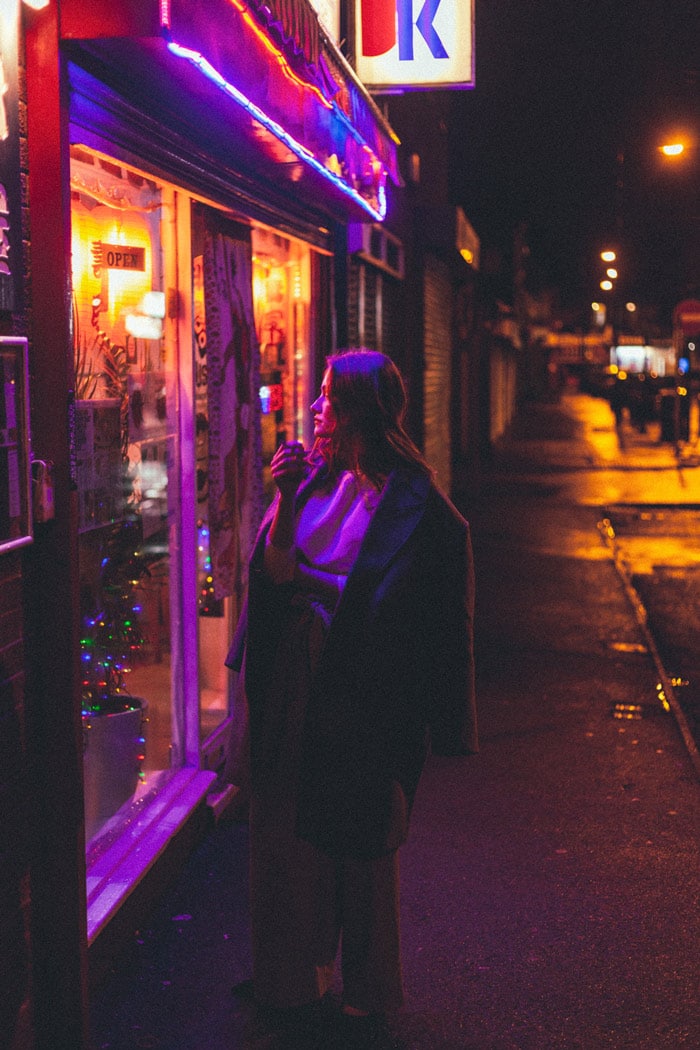Opinion
Should we trust our governments?
By Valerie Steenhaut
Updated May 18, 2020 at 05:42 PM
Reading time: 3 minutes
Global politics
Apr 16, 2020
Our governments and institutions are gaining power like never before. A dramatic crisis asks for drastic measures, yet as COVID-19 shines light on police brutality and abuse of power, questions arise about where these measures will take us in the long run, in particular with regard to freedom and privacy. Discussing the possible outcomes with fellow confined peers, the degree of fear and positivity we feel as individuals quite quickly reduces itself to one and the same question: Do we trust our leaders? And do we trust our system to protect us?
The situation we live in today is scary. From one day to the other, we’ve collectively allowed our rights and freedoms as citizens to be taken away from us for the sake of flattening the curve. We are “protecting the greater good,” our elderly in particular, by limiting ourselves as individuals, who are now questioned by police when we decide to leave our homes.
Meanwhile, European researchers are looking into ways to use mobile phones to contain the virus, which would use Bluetooth signals to detect users who are close enough to infect each other. Regardless of their form or who is involved in their creation, these technologies sound dystopian as they introduce the vigilant eye of the government not only into our public realm but literally anywhere.
Asking if we still trust the system might sound banal, evoking an obvious ‘no’, in regard to the numerous political scandals we read about in the news. This begs the question, then: does that mean our entire system is crooked as well?
Going back to the origins of democracy, the system we have in place is here to give us all an equal voice and to constrain the power of the executive, making us a part of the complexity that is our governing system. Yet still, we distrust the system that is supposed to protect us in times of vulnerability.
Several research initiatives surveying trust in the democratic system came to the same and shocking conclusion: trust is undergoing a crisis. Our faith in the system is eroding, which has led us towards Trumpian politicians, the rise of right-wing parties and the UK leaving the European Union.
But believing in our own powerlessness will not help us forward—even less so when our world is shaking on its foundations. Ever since we were able to understand the world as individual beings, we were taught to see the world in paths of cause and effect, based on our own observations, assumptions and beliefs. With uncertain times lying ahead, it has become almost irresistible to blame something or someone we consider as ‘wrong’ for our personal misfortunes and those of our society, shifting away from our responsibility and agency.
During these days of isolation, I find myself desperately wanting to believe in the system and its ability to produce goodness, protection and inclusion. I trust the system in the sense that I trust to be treated fairly, that I will receive good leadership, as it’s our leaders’ hands we are putting our faith and future in. Trust, in this sense, comes awfully close to demand. It has to do with expectations, and therefore action if those are not met.
We seem to have forgotten that our system is a very complex mechanism, which makes its behaviour unpredictable and its outcome ever-changing. The concept of democracy is based on the idea that we can change things when we, as citizens, are dissatisfied, using our votes to adjust the course, as times of crisis will continue to come and go in our lifetime. Dismissing the system is a dangerous endeavour. It’s the exact same discourse both left and right-wing dictators have used in the past, using our collective fear of the unknown to profoundly change the system for their own political agenda.
In her book Thinking in Systems, Donella H. Meadows offers an interesting perspective on what a system is, presenting it as a way of seeing the world. She, rightfully, reminds us we all live in a world of systems, controlled not only by our own will and that of the people in power but also an uncountable amount of external factors, which we aren’t always willing to take into account. We seem to have forgotten that we ourselves, our bodies and ways of seeing the world, are systems too. Admitting that suddenly offers a more dynamic and larger framework to act in.
Throughout the COVID-19 pandemic, we depend heavily on the safety net that we, inside the democratic system, have created for ourselves. More than ever, we need public health care and caretakers. More than ever, we need extraordinary efforts in terms of continuing our education system, while rising numbers of the population are depending on government support, now that our economy has temporarily come to a halt.
More than ever, we need to stay wide awake, pay close attention, and adjust where need be. As Meadows so eloquently says in her book, “Here is a system that seems perverse on all counts. It produces inefficiency, ugliness, environmental degradation, and human misery. But if we sweep it away, we will have no system. And nothing is more frightening than that.”





